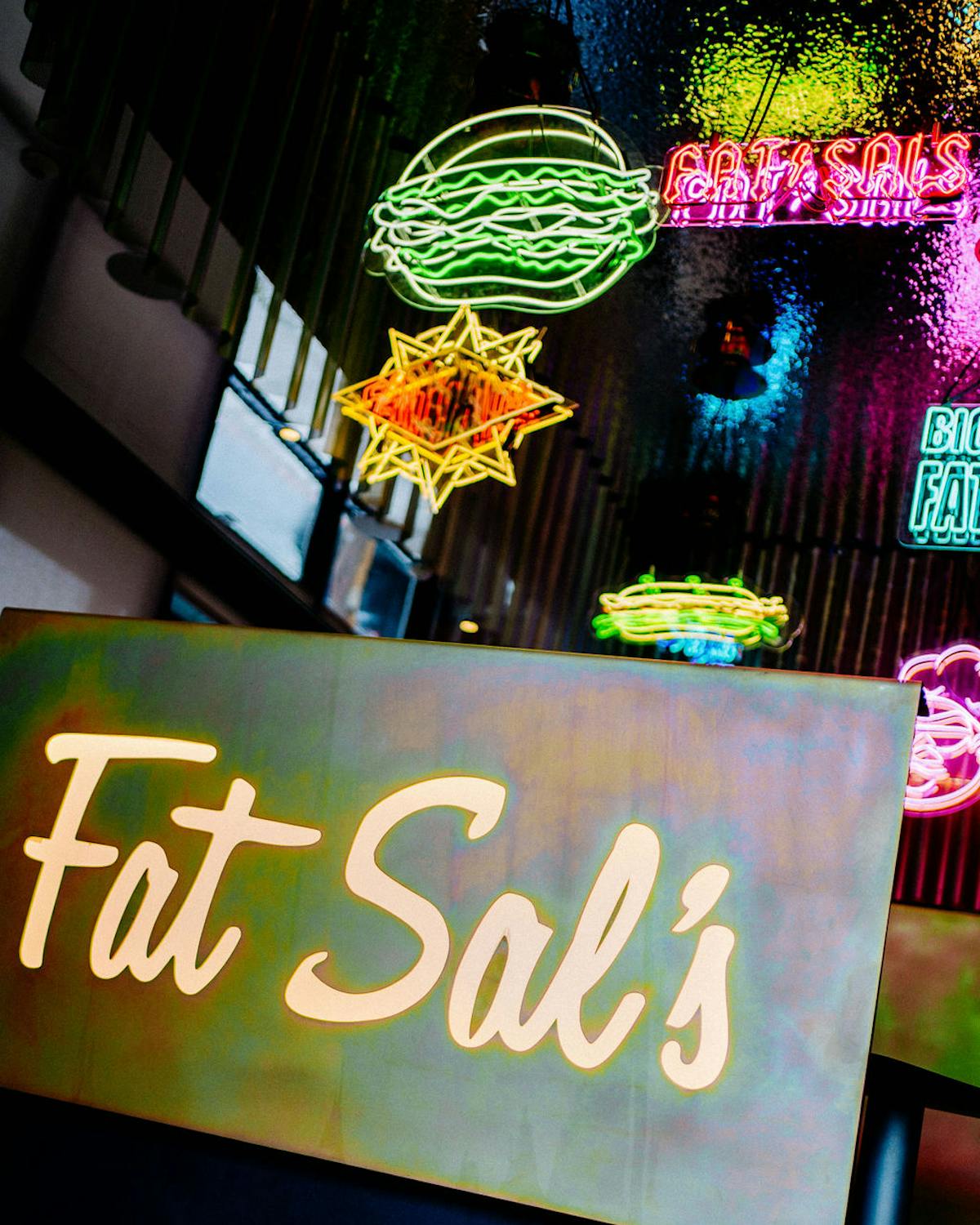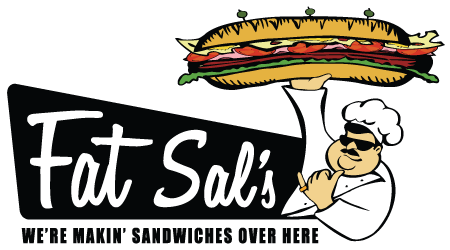The Role of Delicatessens in Food Culture: A Culinary Staple

Delicatessens, often referred to simply as "delis," have roots that trace back to 18th-century Germany. This concept was brought over to the United States by Jewish immigrants in the 19th century, and many early delis were simple kosher butcher shops selling meat and sausage. Over time, delis evolved to include selling imported European goods, cheese and cured meats, and prepared foods, particularly sandwiches, soups, salads, and premade meals to-go.
In modern-day America, delis are known for reasonable prices and being a quick stop for a solid lunch. They’re more than just dining establishments, but also important cultural anchors, where individuals of different backgrounds and generations come together under one roof to share culinary staples.
From Italian delis laden with prosciutto, mozzarella, and antipasti to Middle Eastern delis stocked with hummus, falafel, and tabbouleh, the culinary diversity of delicatessens plays a crucial role in preserving and promoting food traditions.
Delicatessens as Community Hubs
Delicatessens have long served as community gathering spots where people connect over shared meals and traditions. In some cities, delicatessens have become landmarks, celebrated for comfort food favorites, like pastrami sandwiches and matzo ball soup. These establishments have often been passed down by generations of families, who in return, serve generations of families.
Some of the most famous delis throughout the United States:
- Katz's Delicatessen - New York City, NY: arguably the most famous of them all. Operating since 1888, New York’s oldest deli is best known for its pickles and pastrami sandwiches – and of course the iconic scene from When Harry Met Sally.
- Canter’s Deli Los Angeles, CA: A landmark since 1931, this deli has sold over 10 million pounds of corned beef over the years. Their matzo ball soup and corned beef on rye is a must; It’s open 24 hours so your favorite Jewish comfort food is always available.
- Shapiro’s Delicatessen - Indianapolis, IN: Serving up kosher eats for over a century, Shapiro’s has been continuously owned and operated by the same family. The pastrami sandwich is a favorite here, and the deli’s recipes have been passed down through four generations.
The Culinary Diversity of Delicatessens
Delicatessens have delicious and diverse offerings. Although most closely associated with foods from Jewish culture and Eastern Europe, here is what else you’ll find at delis:
- German: A focus on sausages like bratwurst and weisswurst, cured meats, rye bread, sauerkraut, pickles, and imported German goods.
- French: Features gourmet products like pâtés, cheeses like Brie and Roquefort, baguettes, charcuterie, and fine wines. They often blend café-style service with takeaway options.
- Scandinavian: Offers open-faced sandwiches (smørrebrød), cured fish like gravlax and pickled herring, rye bread, and regional cheeses. They often include imported goods like lingonberry jam and crispbread.
- Italian: Specializes in cured meats like prosciutto, salami, and mortadella, along with cheeses such as mozzarella and provolone. They often offer antipasti, olives, fresh pasta, and artisan bread.
- Middle Eastern: Offer foods like hummus, falafel, baba ganoush, tabbouleh, shawarma, stuffed grape leaves, and an assortment of flatbreads. Spices, olives, and preserved goods are common finds here.
The Modern Deli: Adaptation and Innovation
In recent years, delicatessens have adapted to changing consumer preferences, including the demand for health-focused options, special dietary preferences, plant-based foods, and locally sourced ingredients. Some modern delis air on the edge of “trendy” or “hipster”, offering artisanal sandwiches, an espresso bar, organic produce, and gluten-free products. Health food stores, co-ops, and organic grocers will often include a deli section serving up nutritious sandwiches made to order, pre-made sides, and a salad bar – Whole Foods is the perfect example.
While many delicatessens are humble, no-frills establishments, others intentionally elevate the experience by stocking high-end products and serving up gourmet eats.
Nowadays, not every deli has a distinct ethnic or cultural connection – some are more globally inspired, offering a wide range of food and products sourced both internationally and locally.
Takeaway
Delicatessens hold a special place in food culture, serving as meeting hubs that celebrate tradition, community, and diversity. Whether it's a classic Jewish deli in New York or a modern West Coast gourmet shop serving artisanal sandwiches and charcuterie boards, delis serve the purpose of bringing people together through food.
